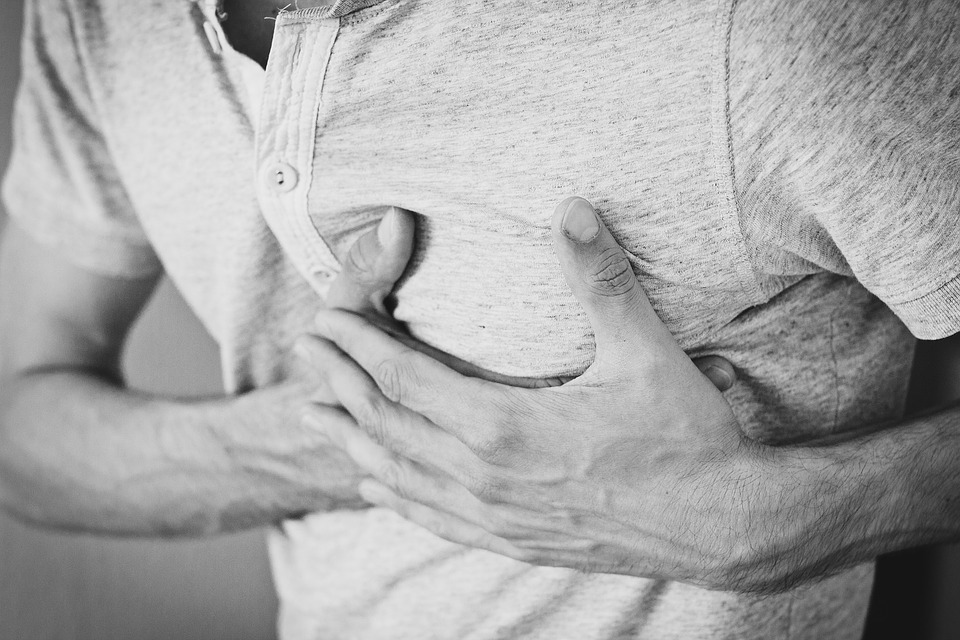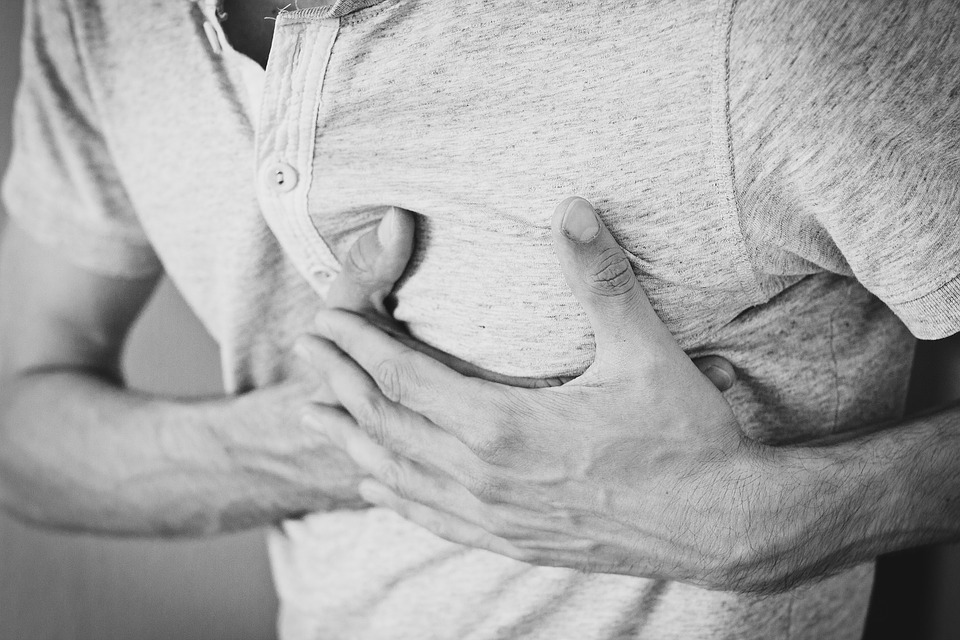The most common symptom of all types of pericarditis is chest pain.
Most people who have had pericarditis describe experiencing a sudden sharp pain, usually behind their breastbone, on the left side of their body. Some people describe the pain as more like a dull ache or feeling of pressure.
The pain may also radiate up from your chest into your left shoulder and neck.
It’s usually worse when breathing in, coughing, eating and lying down. Sitting up or leaning forward will usually help relieve the pain.
When to seek medical advice
Always seek immediate medical advice if you experience sudden chest pain chest pain. While most cases of pericarditis are not serious, it’s important that other more serious conditions are ruled out, such as a heart attack or a blood clot.
Additional symptoms
Depending on the underlying cause of your pericarditis, you may also experience:
a high temperature (fever)
shortness of breath
fatigue
nausea
dry cough
swelling of the legs or abdomen
In some cases, pericarditis occurs along with myocarditis, which is inflammation of the heart muscle.
If these symptoms only occur for a short time or a one-off episode, it’s called “acute pericarditis”. However, if they last three months or more, it’s known as “chronic pericarditis”.
Read about the complications of pericarditis for more information.
Recurring pericarditis
Recurring pericarditis is when you experience frequent episodes of pericarditis.
There are two main types of recurring pericarditis:
Incessant pericarditis – symptoms develop once medications such as non-steroidal anti-inflammatory drugs (NSAIDs) are withdrawn. Symptoms usually begin within six weeks of the treatment being withdrawn.
Intermittent pericarditis – there are long periods without any symptoms (often many months or sometimes years) before symptoms return without warning.
It’s estimated that one in four people with a history of acute pericarditis will develop recurring pericarditis.


